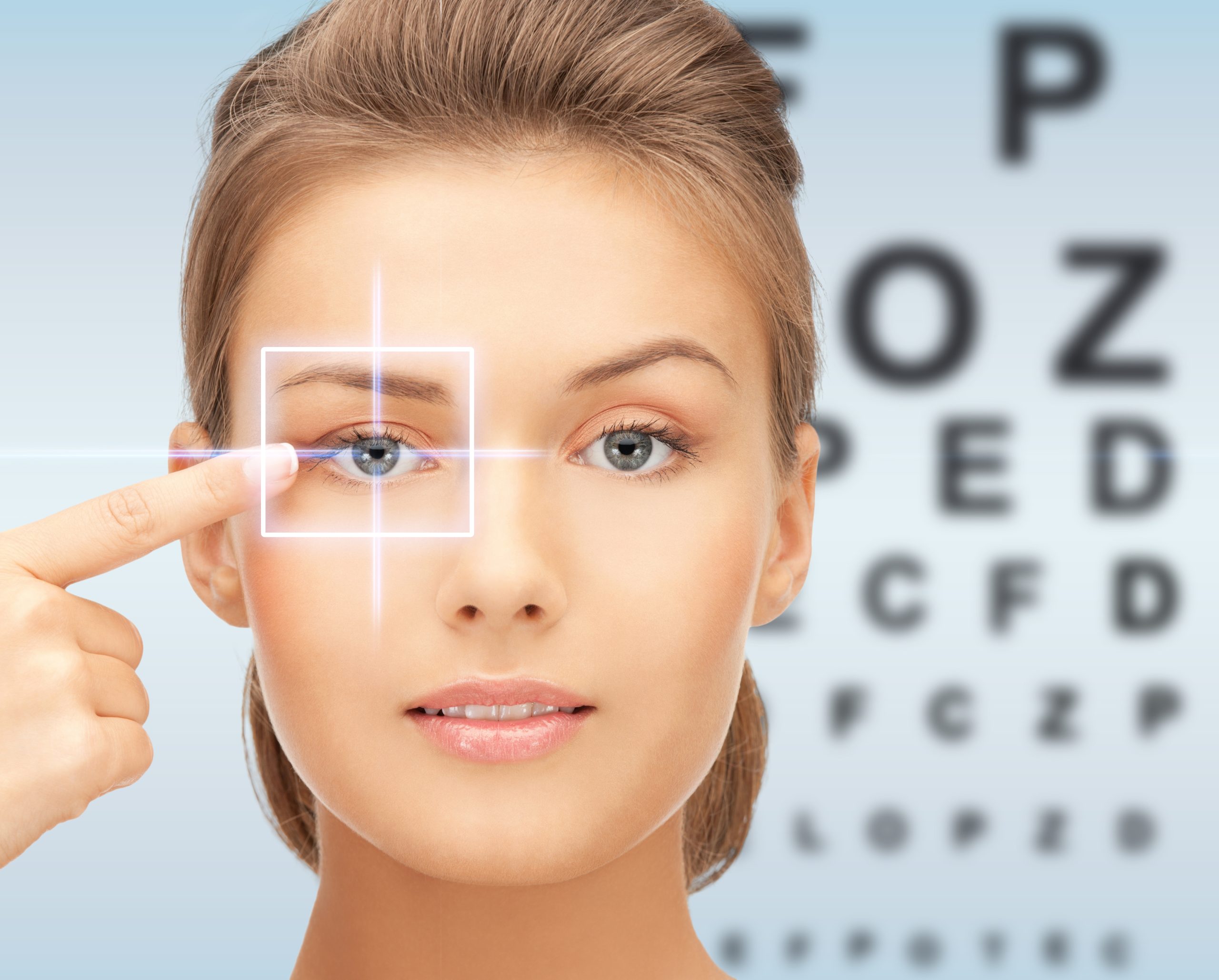Healthy Vision Month & the importance of annual eye exams

During Healthy Vision Month each May, we are reminded of the importance of annual eye exams and optical health. But exactly how can eye health be maintained, and what are some steps that can be taken to ensure perfect eyesight throughout our years to come? Barry Kowalik, O.D., an optometrist at Ephraim McDowell Eye & Vision Center, discusses the importance of eye health, and what we can do to obtain optimal eyesight when striving for 20/20 vision both now, and in our future.
“Most people would agree with the statement that out of all of your senses, vision would be the most devastating sense to lose,” Kowalik said. “Without proper vision, one cannot drive a vehicle, see the excitement on a child’s face when they are excited about seeing a friend or family member, or when they are excited about visiting an amusement park or watching something on T.V. You do not want to miss your child walking down the aisle to get married, or seeing your grandchild for the first time. We live in a very visual world today. Protecting your vision is essential.”
To do so, Kowalik said a balanced diet is essential for maintaining healthy eyesight. Foods rich in omega-3 fatty acids, lutein, zinc, vitamins C and E help fight age-related vision problems. Green leafy vegetables, such as spinach, kale, and collard greens, can help maintain healthy eyesight. Salmon, tuna, eggs, nuts, and beans are loaded in omega-3 fatty acid; citrus fruit, such as oranges, grapefruit, lemons, and limes, contain excellent sources of vitamin C to help maintain healthy vision.
“Things that you can control would be your overall health,” Kowalik said. “Do you eat right? Are you overweight? These are characteristics that lead to diseases such as diabetes. Diabetes is a potentially blinding condition.”
Self-monitoring eye health is also a good practice to ensure there are no changes with your eyesight that could be concerning. Covering one eye and looking far off to ensure your vision is clear and equal, and then switching and doing the same with your other eye, is a simple practice that can ensure there are no changes with your vision that you may need to be concerned about. Protecting your eyesight is also equally important.
“Remembering to eat healthy, having a balanced diet and maintaining a healthy weight, as well as exercising, quitting smoking, wearing sunglasses to help protect against ultraviolet light, and wearing protective eyewear to avoid potentially blinding injury to your eyes is important,” Kowalik said. “Even if you do not wear glasses or suspect an eye problem, you should see your optometrist, or ophthalmologist, once a year.”
Family history, Kowalik said, plays a large role in the risk for eye disease as well.
“At Ephraim McDowell Eye & Vision Center, we have opticians who fit glasses, optometrists who can examine your eyes for glasses and contacts, as well as evaluating your eyes for diseases such as cataracts, diabetes in the eye, and macular degeneration, to name a few. Folks suffering from vision loss due to cataract formation can undergo cataract surgery and greatly increase their ability to see. This is one of the most common surgeries performed today. Our ophthalmologist can perform this procedure for you right here in Danville.”
In addition to eye disease, the most common treatment for someone visiting an optometrist or ophthalmologist is glasses or contacts. This can help correct near-sighted myopia, farsighted hyperopia, and presbyopia, which is the inability to see near due to age.
Kowalik said research shows that digital devices disrupt the overall health of someone’s circadian rhythm, better known as the physical, mental and behavioral changes in an individual’s natural 24-hour cycle. Research also shows that using digital devices regularly can lead to eyestrain and fatigue, and increase the risk for myopia and nearsightedness.
“People also complain of having dry, irritated, or tired eyes,” Kowalik said. “They complain that they are squinting more, and may have blurred vision, headaches, and rub their eyes more often. That is why we try to get folks to stop after every 20 minutes of computer work, and look 20 feet away for 20 seconds.”
Any changes in one, or both of your eyes, should signal a visit to your optometrist or ophthalmologist, Kowalik said. The sooner you get your eye health evaluated, the better the outcome.
“Remembering to eat healthy and protect your eyes with sunglasses and/or safety glasses will allow you to maintain healthy vision,” Kowalik said. “Like all parts of your body, pay attention to change and continue to monitor how well you see in each eye individually, as well as together.”
For more information, or to schedule an appointment, call (859) 239-4500.
